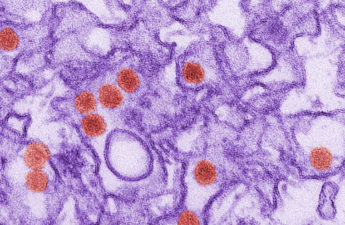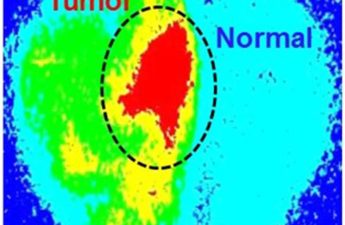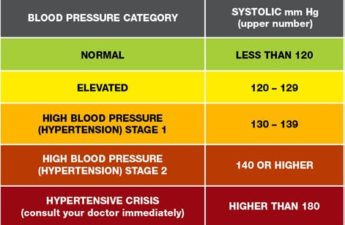Father and son suffered serious hand injuries. Both needed surgery and occupational therapy. But insurance paid for just a fraction of those OT bills, and the family owed more than $8,500.
UW experts call for closer follow-up of Zika-exposed children
Children exposed to the Zika virus either in pregnancy or early in life should be monitored into adolescence for signs of subtle neurological damage — even if they appeared normal at birth, say researchers at the University of Washington School of Medicine
Geriatric Assessments Could Fine-Tune Cancer Care For Older Adults
In a move to improve cancer care for older adults, the American Society of Clinical Oncology is recommending that all patients age 65 and older receive a geriatric assessment when considering or undergoing chemotherapy.
The latest blood pressure guidelines: What they mean for you
High blood pressure starts at much lower pressures than previously thought, so it’s important to start paying attention to your blood pressure early.
Unlocked And Loaded: Families Confront Dementia And Guns
There has been debate about how to prevent people with mental illness from acquiring guns. But what seniors with declining mental faculties who have guns?
FDA Repays Industry by Rushing Risky Drugs to Market
As pharma companies underwrite three-fourths of the FDA’s budget for scientific reviews, the agency is increasingly fast-tracking expensive drugs with significant side effects and unproven health benefits.
Thinking About An Association Health Plan? Read The Fine Print
Detractors say association health plans may not provide the full protection that workers need, plus the changes likely will drive up costs in the regular individual and small-group markets.
Rx: Zucchini, Brown Rice, Turkey Soup. Medicaid Plan Offers Food As Medicine
Since 2015, Health Partners has joined a small group of insurers around the country to offer some members specially designed meals to improve their health.
Doling Out Pain Pills Post-Surgery: An Ingrown Toenail Not The Same As A Bypass
What’s the right painkiller prescription to send home with a patient after gallbladder surgery or a cesarean section?
That ‘living will’ you signed? At the ER, it could be open to interpretation.
Doctors and nurse receive little, if any, training in understanding and interpreting living wills, DNR orders and Physician Orders for Life-Sustaining Treatment forms, either on the job or in medical or nursing school.
Public Health and medical community pledge to decrease gun violence
Public Health – Seattle & King County is joining with leading medical associations to form a new collaboration with a renewed commitment to decrease firearm-related injury and deaths.
A way around opioids: Target the type of pain for better pain relief
An essential part of treating pain is to first identify what type of pain a person is having and then use a targeted treatment.
‘Holy Cow’ moment changes how Montana’s state health plan does business
Instead of starting with the hospital’s list price and negotiating down for discounts, Montana began telling these facilities how much it was willing to pay — a “reference price” — for each type of hospitalization.
Health costs often stand between teachers and fatter paychecks
As teacher strikes flared this spring, one thing often missing from hand-scrawled placards and fiery speeches was an issue that has contributed greatly to the financial woes of America’s schools: skyrocketing health care costs.
Research Check: Can tea towels cause food poisoning?
Yes, bacteria can accumulate on dish towels, especially when they’re infrequently washed and don’t dry out between use. But most of the bacteria on tea towels are not responsible for food poisoning.













